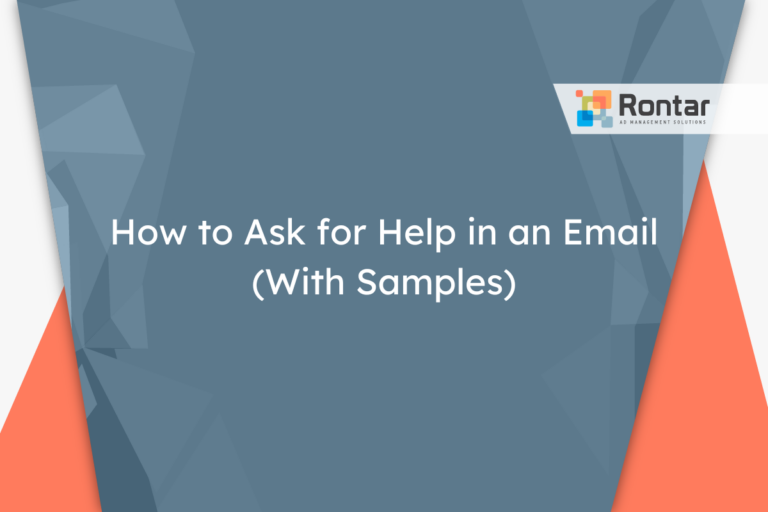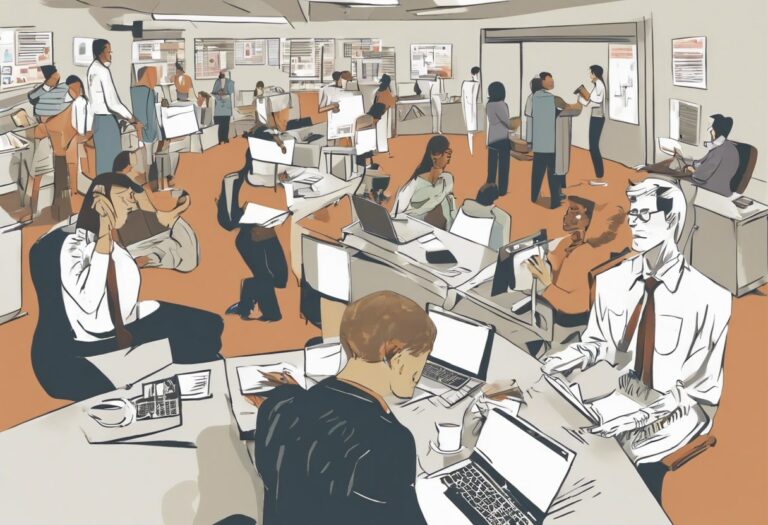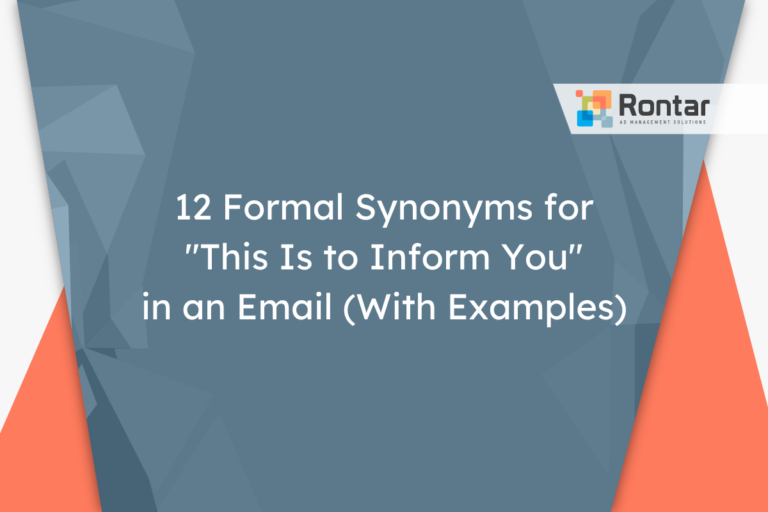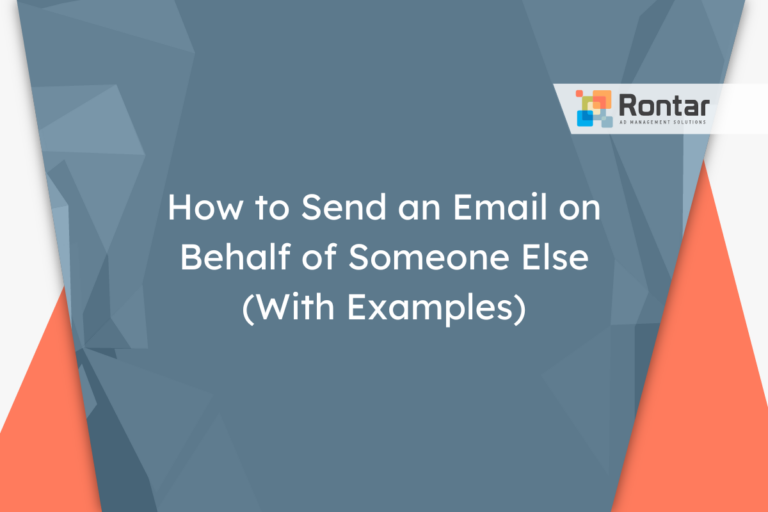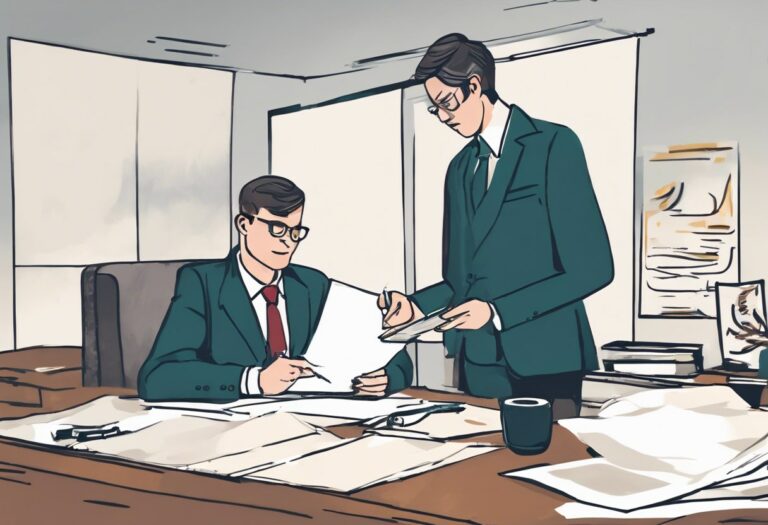12 Professional Ways to Say “Looking Forward to Seeing You”

Meeting someone for a work-related purpose is common, and how we express our anticipation can set the tone for the meeting. Saying “looking forward to seeing you” is a professional way to do this, but there are many other expressions that can also fit different situations and tones.
In this article, we explore 12 alternative phrases that convey anticipation in a professional context. These alternatives can help you communicate more effectively and appropriately in various professional settings.
Is It Professional to Say “Looking Forward to Seeing You”?
The phrase “looking forward to seeing you” is considered both professional and polite. Its usage is somewhat formal but also conveys a personal interest and enthusiasm about a future meeting or encounter. This phrase can be appropriately used in various professional settings, including emails to colleagues, clients, or business partners, to express anticipation for a scheduled meeting or event.
Email example:
Greetings Mark, Thank you for confirming our meeting on the 15th. I am looking forward to seeing you and discussing our project plans in detail. Best regards, Susan
Pros:
- Conveys eagerness and positivity about the upcoming meeting.
- Shows a professional level of interest and engagement.
- Reinforces the relationship and the importance of the forthcoming interaction.
Cons:
- May be considered overly formal in more casual or familiar business relationships.
- Could be misunderstood in cultures where direct expressions of anticipation are not customary.
Someone might want to seek an alternative phrase if they feel “looking forward to seeing you” does not match the level of formality or familiarity of their relationship with the recipient.
12 Other Ways to Say “Looking Forward to Seeing You”
Here are twelve professional alternatives to the phrase “looking forward to seeing you” that can suit various tones and situations:
- Hope to see you soon
- Excited to meet you soon
- Anticipating our upcoming discussion
- Looking ahead to our meeting with anticipation
- Anticipating a productive meeting with you
- Pleased to meet you soon
- Thrilled to meet you soon
- Excited about our future interaction
- Counting down to our meeting
- Cannot wait to meet in person
- Can’t wait to connect in person
- Looking forward to our collaboration
1. Hope to see you soon
This alternative is less formal than “looking forward to seeing you” but still maintains a professional and polite tone. It’s a great choice when you want to express a wish or desire to see someone without implying any specific commitment.
This phrase is better suited for casual business communications, informal meetings, or when sending messages to colleagues you have a friendly relationship with. It works well in emails, text messages, or even chat applications.
Example:
Greetings Lisa, Thank you for the quick response to my inquiries. Hope to see you soon, perhaps at the next team gathering. Best, Tom
2. Excited to meet you soon
This phrase conveys enthusiasm and eagerness. It has a more personal touch and suggests that you are not just willing but eager to meet the recipient, making it somewhat informal yet still professional.
It is particularly well suited for scenarios where you have not met the person before. Ideal for emails or messages related to upcoming interviews, client meetings where a friendly tone is welcomed, or networking events.
Example:
Dear Emily, We have scheduled our initial meeting next Wednesday. I am excited to meet you soon and learn more about your proposals. Warm regards, Kevin
3. Anticipating our upcoming discussion
This is a more formal synonym that indicates you are looking forward to the meeting with a focus on the conversation or outcomes expected from it. It emphasizes the business aspect of the meeting.
This alternative is best used in contexts where the upcoming interaction has a clear objective, such as project planning, negotiations, or strategic discussions. It is suitable for email or formal letters, especially with new clients or senior colleagues.
Example:
Hello Janet, Following up on our brief chat last week, I am anticipating our upcoming discussion on the project timelines. Regards, Philip
4. Looking ahead to our meeting with anticipation
This alternative is a blend of formality and expectation. It hints at both the future event and your positive outlook toward it, making it both professional and formal.
Suitable for interactions where detailed planning or important decisions will take place, such as board meetings or workshops. Best used in written communications that precede significant events.
Example:
Dear Martin, As we prepare our agenda, I am looking ahead to our meeting with anticipation. There's much to discuss and decide. Best wishes, Sofia
5. Anticipating a productive meeting with you
This phrase suggests you’re not just looking forward to the meeting, but you’re also expecting it to be successful or fruitful. It’s more specific than generic greetings, making it both professional and focused.
This choice is particularly fitting for meetings with a clear goal in mind, such as brainstorming sessions, performance reviews, or any scenario where outcomes are expected. It’s most appropriate for emails or formal letters to colleagues or clients.
Example:
Dear Alex, I've reviewed our project outline and am anticipating a productive meeting with you tomorrow to discuss next steps. Best, Jordan
6. Pleased to meet you soon
This alternative is courteous and expresses happiness about the future meeting, making it both polite and professional. It adds a personal touch while keeping the tone formal.
Best suited for situations where you’re meeting someone for the first time, like a new client or a job interview. This phrase fits well in introductory emails or messages that aim to set a positive tone for the upcoming meeting.
Example:
Hello Rebecca, Thank you for arranging our introduction for next week. I am pleased to meet you soon and discuss how we can collaborate. Sincerely, Diane
7. Thrilled to meet you soon
This phrase conveys a high level of excitement and enthusiasm, making it less formal but very cordial and friendly. It’s great for expressing genuine eagerness to meet someone.
This alternative works well when you are about to meet someone whose work you admire, such as a mentor, or in situations that are significant to you personally. It’s appropriate for emails, especially within contexts that welcome enthusiasm, like creative projects or new partnerships.
Example:
Hi Samuel, Just saw the schedule for next week—thrilled to meet you soon and discuss the project in person. Cheers, Lily
8. Excited about our future interaction
This expression shares your enthusiasm for not just a single meeting but ongoing interactions, making it both forward-looking and positive. While slightly formal, it’s also filled with optimism.
Great for contexts where ongoing collaboration or partnership is anticipated, such as starting a new project or joining a team. Fits well in emails that aim to nurture a long-term relationship or express eagerness for future developments.
Example:
Dear Marcus, Thank you for the warm welcome to the team. I am excited about our future interaction and what we can achieve together. Best, Nina
9. Counting down to our meeting
This phrase is more informal but very engaging, showing that you’re not just waiting but actively looking forward to the meeting. It adds a sense of anticipation and excitement.
Best suited for situations where you have a good rapport with the recipient or in less formal business environments. It’s a good match for messages to teammates or colleagues you know well, about upcoming team meetings or collaborative sessions.
Example:
Hey Mike, Finished up the draft proposal. Counting down to our meeting on Friday to get your feedback! Regards, Ellie
10. Cannot wait to meet in person
Coveys a strong desire and eagerness to meet, blending informality with a genuine tone. It suggests a level of excitement that’s personal and warm.
Perfect for circumstances where there’s been a lot of virtual communication but you’re finally meeting face-to-face, or for events like conferences where personal interaction is valued. Suitable for emails or messages leading up to significant in-person meetings.
Example:
Dear Clara, After months of video calls, I cannot wait to meet in person at the industry event next month. Warmest, Beth
11. Can’t wait to connect in person
Similar to the previous one, this phrase is informal and imbued with excitement. It’s great for showing eagerness to transition from virtual or distant interactions to face-to-face meetings.
This is especially fitting when you’ve been collaborating with someone online and are about to meet to further discuss work, ideas, or projects. It’s suitable for less formal emails or messages that underscore the anticipated shift from online to in-person engagement.
Example:
Hello James, We've done great work remotely, but I can't wait to connect in person for the workshop next week. All the best, Sara
12. Looking forward to our collaboration
This phrase is professional and formal, focusing on the joint effort or project ahead. It suggests not just a meeting but an ongoing partnership or teamwork.
It’s ideal for communications with new partners, clients, or team members where you anticipate working closely on projects or initiatives. Appropriate for emails, project proposals, or welcome messages that aim to establish a constructive and collaborative tone right from the start.
Example:
Dear Alan, With your expertise and our resources, I am looking forward to our collaboration on this exciting project. Best, Olivia
Final Thoughts
Choosing the right phrase to express eagerness for a meeting is important. It not only shows professionalism but also sets a welcoming tone for the upcoming interaction. The alternatives we’ve discussed offer a range of options from formal to informal, allowing you to tailor your message based on who you’re talking to and the nature of your relationship. Using these expressions thoughtfully can enhance your professional communications and make your anticipation clear and appropriate for any business setting.

